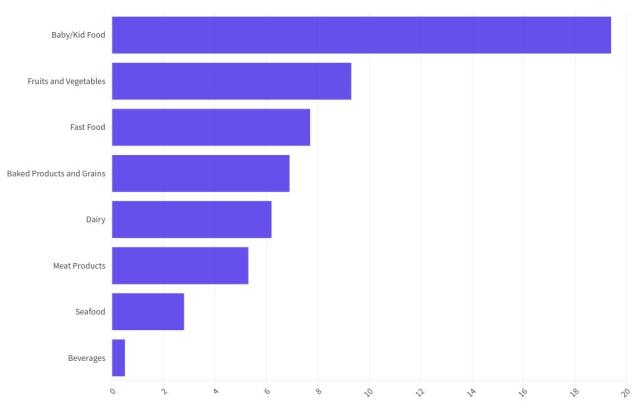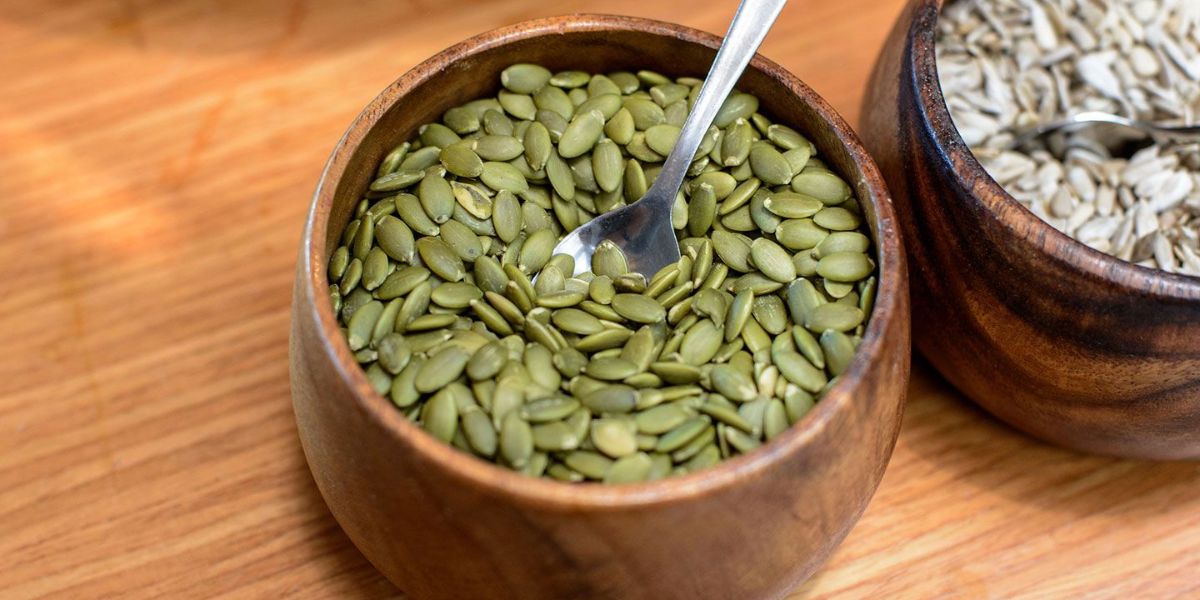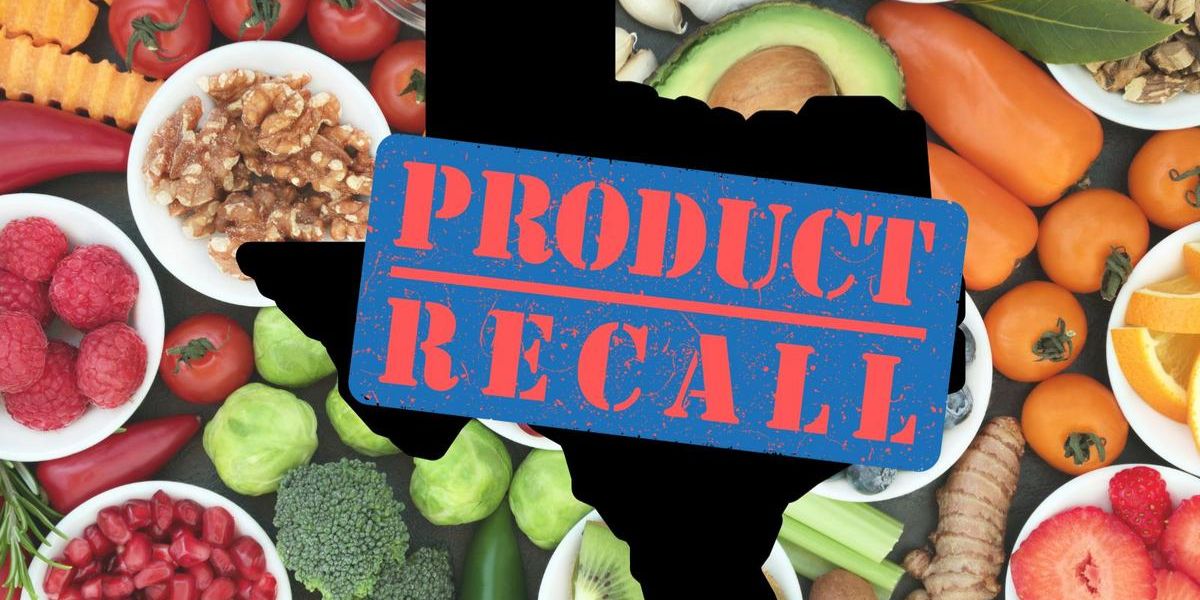A recent study by Consumer Reports has found that perchlorate, a chemical used in rocket fuel, has been contaminating both food and water, with the highest presence found in food consumed by children. Perchlorate is both naturally occurring and man-made, but its rising levels in groundwater are becoming increasingly concerning, according to the Department of Toxic Substances Control.
Dr. James Rogers, the Director of Food Safety Research and Testing at Consumer Reports, highlights that much of the food affected by perchlorate includes popular children’s items like cereal and chicken nuggets. Perchlorate can disrupt thyroid functions, which are crucial for metabolism and development, potentially leading to health issues like Type 2 diabetes in adults and neurodevelopmental complications in children.
The study involved testing 196 samples from 63 supermarket products and 10 fast food items. The foods that contained the highest levels of perchlorate include beef burritos, chicken sandwiches, French fries, fried chicken, chicken nuggets, steak tacos, mac and cheese, rice cereal, multigrain cereal, and whole milk yogurt. While the levels detected are not currently deemed “dangerous,” Rogers notes that there’s no universally agreed definition of what a “dangerous level” is, as standards vary by country and even by state.
In the U.S., the Food and Drug Administration (FDA) has yet to set a strict perchlorate limit. However, states like California and Massachusetts, known for being more proactive, often set stricter guidelines that are lower than federal recommendations. The inconsistency in standards has led to confusion, with experts often believing that the recommended safety levels are set too high.
Perchlorate exposure primarily affects the thyroid by disrupting iodide uptake, which is essential for hormone production. This interference can lead to reduced thyroid hormone levels, which are vital for overall health. For children and developing fetuses, these hormonal disruptions could lead to decreased IQ and long-term developmental issues.
Unfortunately, there is no foolproof way to avoid perchlorate. Rogers emphasizes that eating organic does not reduce exposure, as the contamination is widespread. To mitigate risks from drinking water, Rogers suggests testing your water and, if needed, using a reverse osmosis filter to remove perchlorate.
Also Read:
- How to Spot a Bad Restaurant Before You Even Order: Expert Tips Inside
- Northern Illinois Food Bank to Provide Thousands of Free Meals to Youth This Summer
Perchlorate is mainly produced in the U.S. for use in solid rocket fuel, missiles, fireworks, batteries, and even automobile restraints. Despite its wide use, federal regulations on perchlorate are lacking. The Environmental Protection Agency (EPA) plans to set limits on perchlorate by November 2025, marking the first regulatory action in over a decade.






